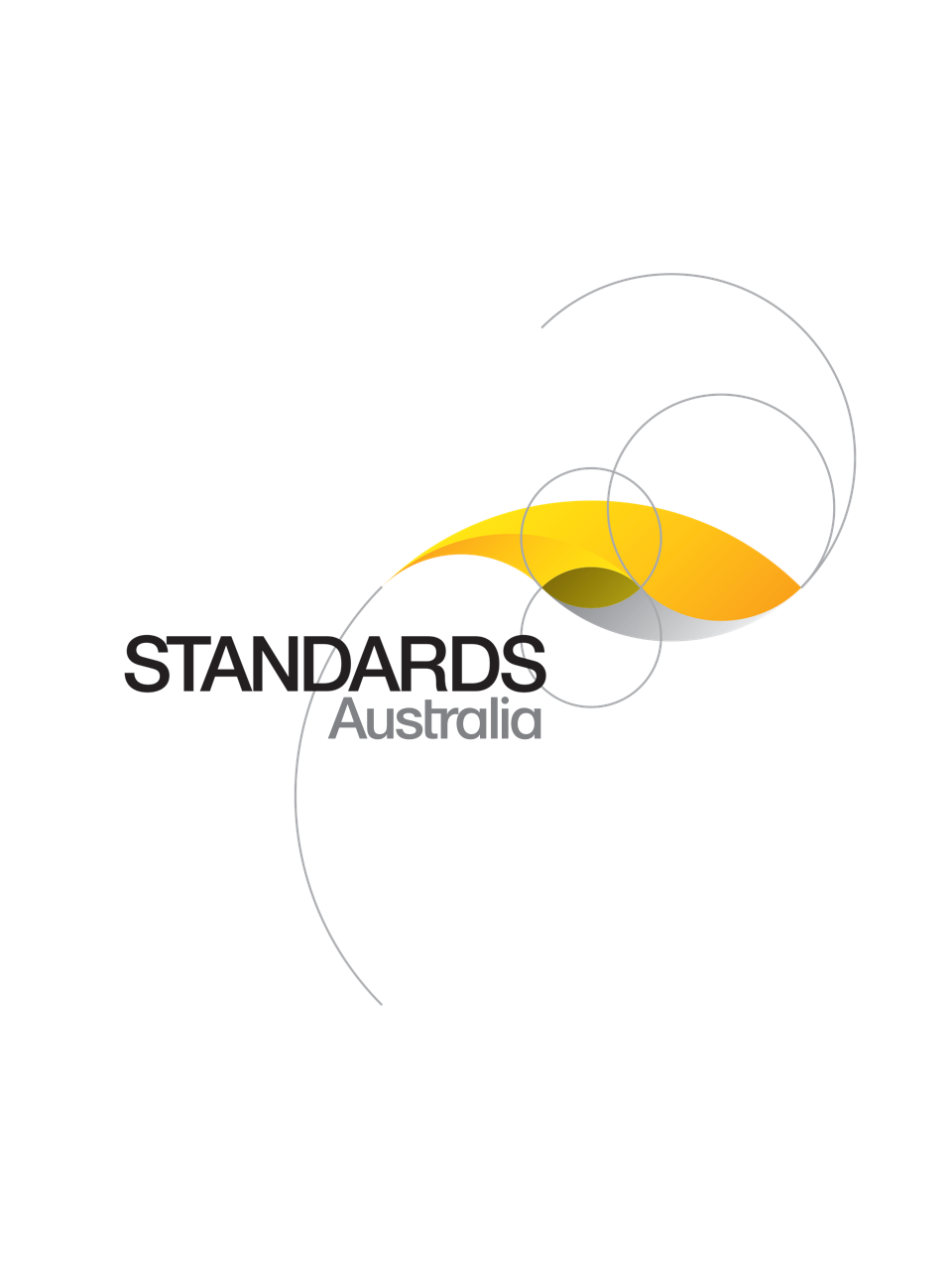Standard
UPDATE AVAILABLE
Track updates
AS 4629.1:2022
[Current]Automatically operated valves for use with gas, Part 1: Shut-off valves
AS 4629.1:2022 specifies the minimum safety and performance requirements for automatic and semi-automatic shut-off valves up to 150 mm nominal size and up to a maximum rated working pressure of 2.6 MPa for use on with natural gas, town gas, tempered liquefied petroleum gas and liquefied petroleum gas.
Published: 16/12/2022
Pages: 46
Table of contents
Cited references
Content history
Table of contents
Header
About this publication
Preface
1 Scope and general
1.1 Scope
1.2 Normative references
1.3 Terms and definitions
1.4 Classification
2 Design and construction
2.1 Materials
2.1.1 General
2.1.2 Suitability
2.1.3 Contact with gas
2.1.4 Melting point
2.1.5 Copper-containing alloys
2.2 Construction
2.2.1 General
2.2.2 Castings and hot pressings
2.2.3 Sealing of porous castings or cracks
2.2.4 Assembled device to be clean
2.2.5 Accidental displacement of parts
2.2.6 Prevention of accidental shift after calibration
2.2.7 Attachment of knobs, handles, dials and pointers
2.2.8 Springs
2.2.9 Securing of parts
2.2.10 Sharp edges
2.2.11 Holes for assembly or mounting
2.2.12 Permanent sealing of non-functional holes
2.2.13 Self-tapping screws
2.2.14 Adjustments by the user
2.2.15 Devices that indicate position or closure
2.3 Design
2.3.1 Normally closed operation
2.3.2 Prevention of interference
2.3.3 Manual adjustment
2.3.4 Locking device
2.3.5 Connections
2.3.6 Lubricant not required for safe closure of valve
2.4 Markings
2.4.1 General
2.4.2 Marking of electrical connections
2.4.3 Durability of markings
2.5 Instructions
3 Performance requirements
3.1 General
3.1.1 Mounting positions
3.1.2 Declared temperature range
3.2 Valve operation — Opening and closing
3.3 Opening pressure and operating effort
3.3.1 Valves to open up to rated working pressure
3.3.2 Semi-automatic valves
3.3.3 Breakaway effort to reset semi-automatic valves
3.4 Gas leakage
3.4.1 Hydrostatic safety test
3.4.2 External leakage
3.4.3 Internal leakage — Forward flow
3.4.4 Internal leakage — Reverse flow
3.5 Flow rate
3.6 Actuation medium
3.6.1 Voltage variation
3.6.2 Pressure variation
3.7 Mechanical strength
3.7.1 Resistance to applied torque
3.7.2 Resistance to applied bending moments
3.8 Durability
3.8.1 Cycling test
3.8.2 Resistance to humidity
3.8.3 Electrical load connections
3.8.4 Electrically operated valves
3.8.5 Operation of switches after durability test
Appendix A
Appendix B
B.1 General
B.2 Test medium and gases
B.2.1 Test medium
B.2.2 Test gases
B.3 Samples
B.4 Lubricants
B.5 Testing sequence
Appendix C
C.1 Non-metallic materials test
C.1.1 Scope
C.1.2 Method
C.1.3 Apparatus
C.1.4 Preparation of apparatus
C.1.5 Materials
C.1.6 Procedure
C.1.7 Test report
C.2 Heat resistance test
C.2.1 Scope
C.2.2 Method
C.2.3 Apparatus
C.2.4 Preparation of apparatus
C.2.5 Procedure
C.2.6 Test report
C.3 Proof-of-closure switches test
C.3.1 Scope
C.3.2 Method
C.3.3 Apparatus
C.3.4 Preparation of apparatus
C.3.5 Materials
C.3.6 Procedure
C.3.7 Test report
C.4 Position indicating switch test
C.4.1 Scope
C.4.2 Method
C.4.3 Apparatus
C.4.4 Preparation of apparatus
C.4.5 Procedure
C.4.6 Test report
C.5 Flow rate test
C.5.1 Scope
C.5.2 Method
C.5.3 Apparatus
C.5.4 Preparation of apparatus
C.5.5 Materials
C.5.6 Procedure
C.5.7 Calculations
C.5.8 Test report
C.6 Flow capacity test
C.6.1 Scope
C.6.2 Method
C.6.3 Apparatus
C.6.4 Preparation of apparatus
C.6.5 Materials
C.6.6 Procedure
C.6.7 Test report
C.7 Markings and labels test
C.7.1 Scope
C.7.2 Method
C.7.3 Apparatus
C.7.4 Materials
C.7.5 Procedure
C.7.6 Test report
C.8 Operating effort test
C.8.1 Scope
C.8.2 Method
C.8.3 Apparatus
C.8.4 Preparation of apparatus
C.8.5 Materials
C.8.6 Procedure
C.8.7 Test report
C.9 External leakage test
C.9.1 Scope
C.9.2 Method
C.9.3 Apparatus
C.9.4 Preparation of apparatus
C.9.5 Materials
C.9.6 Procedure
C.9.7 Test report
C.10 Hydrostatic strength test
C.10.1 Scope
C.10.2 Method
C.10.3 Apparatus
C.10.4 Preparation of apparatus
C.10.5 Procedure
C.10.6 Test report
C.11 Internal leakage (forward flow) test
C.11.1 Scope
C.11.2 Method
C.11.3 Apparatus
C.11.4 Preparation of apparatus
C.11.5 Materials
C.11.6 Procedure
C.11.7 Test report
C.12 Internal leakage (reverse flow) test
C.12.1 Scope
C.12.2 Method
C.12.3 Apparatus
C.12.4 Preparation of apparatus
C.12.5 Materials
C.12.6 Procedure
C.12.7 Test report
C.13 Torque test
C.13.1 Scope
C.13.2 Method
C.13.3 Apparatus
C.13.4 Preparation of apparatus
C.13.5 Materials
C.13.6 Procedure
C.13.7 Test report
C.14 Bending moment test
C.14.1 Scope
C.14.2 Method
C.14.3 Apparatus
C.14.4 Preparation of apparatus
C.14.5 Procedure
C.14.6 Test report
C.15 Durability (cycling) test
C.15.1 Scope
C.15.2 Method
C.15.3 Apparatus
C.15.4 Materials
C.15.5 Procedure
C.15.6 Test report
C.16 Durability (moisture resistance) test
C.16.1 Scope
C.16.2 Method
C.16.3 Apparatus
C.16.4 Materials
C.16.5 Procedure
C.16.6 Test report
C.17 Durability (continuous energizing) test
C.17.1 Scope
C.17.2 Method
C.17.3 Apparatus
C.17.4 Materials
C.17.5 Procedure
C.17.6 Test report
Appendix D
Appendix E
Bibliography
Amendment control sheet
AS 4629.1:2022
Amendment No. 1 (2024)
Revised text amendment
Cited references in this standard
Content history
[Current]
[Superseded]
[Superseded]
[Superseded]
AS 4629-2005 REC:2018
One-time Purchase
Access via web browser on any device
One-time purchase
Single publication
Offline access via PDF^
$175.82 AUD
Inclusive of GSTFormat *
Web Reader
Licenses *
1 License (for yourself - not shareable)
Total$175.82 AUD
IMPORTANT
